Home>Home Maintenance>Who Orders The Termite Inspection: Buyer Or Seller?
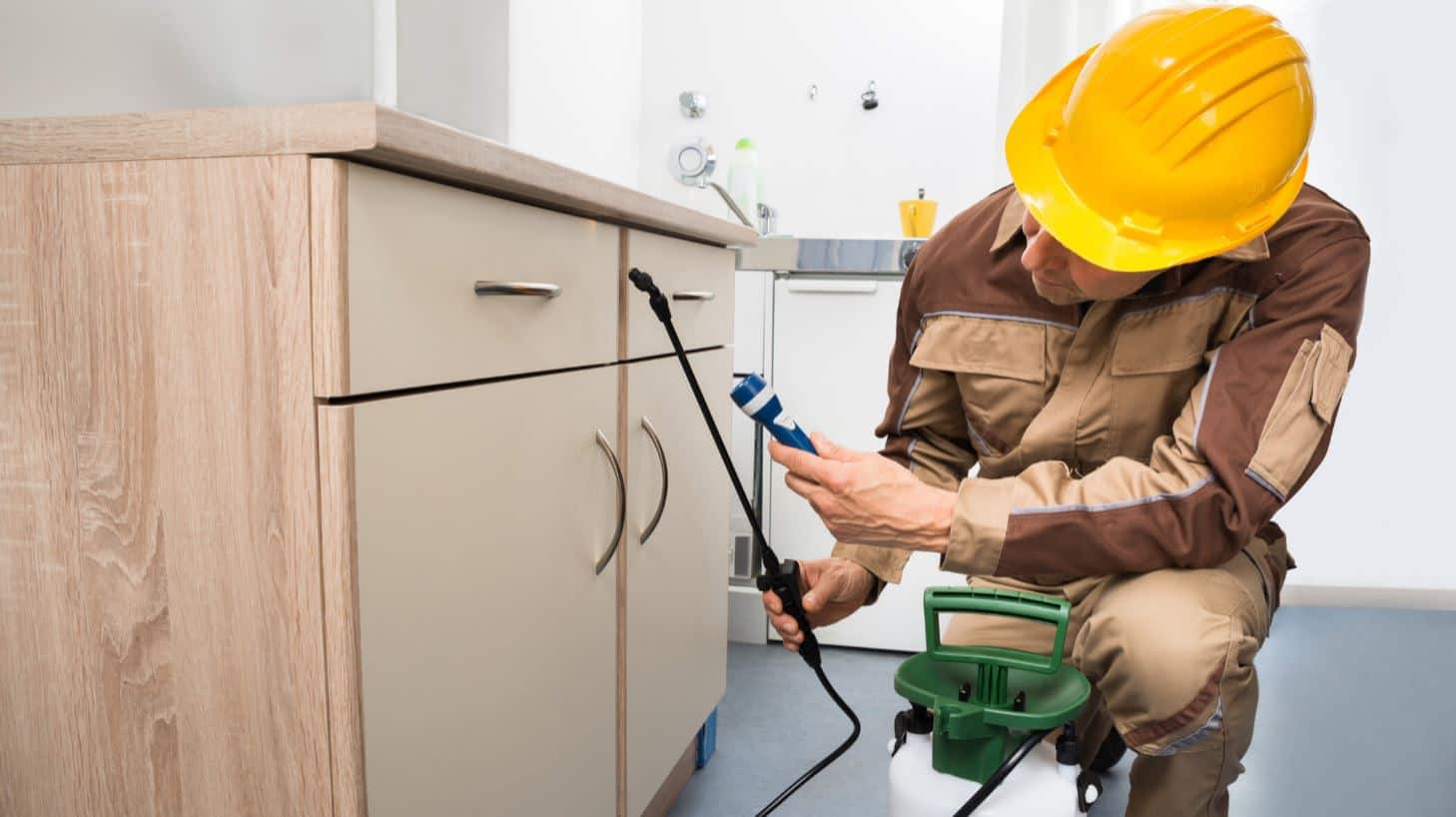

Home Maintenance
Who Orders The Termite Inspection: Buyer Or Seller?
Modified: March 6, 2024
Discover who is responsible for ordering a termite inspection during a home sale. Buyer or seller? Learn about this crucial aspect of home maintenance.
(Many of the links in this article redirect to a specific reviewed product. Your purchase of these products through affiliate links helps to generate commission for Storables.com, at no extra cost. Learn more)
Introduction
When it comes to buying or selling a home, one crucial aspect that cannot be overlooked is the termite inspection. Termites are silent destroyers that can cause significant damage to the structure of a property. Therefore, it is important to identify any signs of termite infestation before finalizing a real estate transaction.
However, a common question that arises is, who is responsible for ordering the termite inspection – the buyer or the seller? In this article, we will dive into this topic and provide insights into the roles and responsibilities of both parties when it comes to termite inspections.
Understanding the process of termite inspections is essential to comprehend the dynamics between the buyer and the seller. Termite inspections involve a thorough examination of the property by a licensed professional to determine if there is any evidence of termite damage or infestation. This inspection typically includes a visual inspection of both the interior and exterior of the property, including crawl spaces and basements.
Now, let’s delve into the roles and responsibilities of the buyer and the seller in terms of ordering the termite inspection.
Key Takeaways:
- Buyers are typically responsible for ordering termite inspections to ensure the property is free from termite damage. They can negotiate repairs or treatment if issues are found, protecting themselves from unexpected expenses.
- Sellers must disclose any known termite issues and provide transparent information. Negotiating termite inspections involves careful consideration of findings, repair requests, and cost allocation to ensure a smooth transaction.
Understanding Termite Inspections
A termite inspection is a critical step in the home buying or selling process. It helps identify if there are any existing termite problems or potential risks of infestation. During a termite inspection, a trained professional will carefully examine the property for signs of termite activity and damage.
The inspector will assess both the interior and exterior of the property, looking for visible evidence of termites such as mud tubes, wings, damaged wood, or termite droppings. They may also use specialized tools like moisture meters and thermal imaging cameras to detect any hidden termite colonies or damage.
It’s important to note that a termite inspection is different from a general home inspection. While a general home inspection covers various aspects of the property’s condition, a termite inspection specifically focuses on termites and related wood-destroying insects.
In many cases, termite inspections are typically paid for by the buyer. This is because the buyer wants to ensure that the property they are purchasing is free from termite issues that could lead to costly repairs in the future. However, depending on the location and local customs, the responsibility for ordering and paying for the termite inspection can vary.
In some instances, the seller may proactively order and pay for a termite inspection before listing the property for sale. This demonstrates transparency and can provide reassurance to potential buyers that the property is termite-free. However, it is more common for the buyer to request and arrange the termite inspection as part of their due diligence prior to finalizing the purchase.
Termite inspections are crucial because they help protect both the buyer and the seller. For the buyer, it ensures that they are not investing in a property with hidden termite damage that could lead to significant repair costs down the line. For the seller, it provides documentation that the property was inspected and found to be termite-free, which can help facilitate a smoother sale process.
Now that we have a better understanding of termite inspections and their importance, let’s explore the specific responsibilities of the buyer and the seller in relation to ordering and addressing termite inspections.
Buyer’s Responsibility
When it comes to termite inspections, the responsibility typically falls on the buyer. As a prospective homeowner, it is in your best interest to ensure that the property you are purchasing is free from termite infestations or damage.
As the buyer, it is your responsibility to request a termite inspection as part of your due diligence before finalizing the purchase. You should hire a qualified and licensed termite inspector to thoroughly assess the property for any signs of termite activity.
If the inspection reveals any evidence of termite infestation or damage, you can use this information to negotiate with the seller for necessary repairs or treatment. In some cases, if the termite issue is significant, you may choose to walk away from the purchase altogether.
It is crucial to include a termite inspection contingency in your purchase agreement, making the contract contingent upon a satisfactory termite inspection. This way, if the inspection uncovers any termite-related problems, you have the option to renegotiate the terms of the agreement or cancel the purchase without any penalties.
It is important to note that the cost of the termite inspection is typically borne by the buyer. However, depending on the local customs and negotiations, there may be instances where the seller agrees to cover the cost of the inspection.
Remember, as the buyer, it is your responsibility to conduct a thorough termite inspection and ensure the property is free from any termite-related issues before making one of the most significant investments of your life.
Now, let’s explore the responsibilities of the seller when it comes to termite inspections.
The buyer typically orders the termite inspection to ensure the property is free of termites and other wood-destroying pests before finalizing the purchase.
Seller’s Responsibility
While the buyer is typically responsible for ordering and paying for the termite inspection, the seller also has certain responsibilities when it comes to termite inspections. These responsibilities are aimed at ensuring transparency and providing a thorough understanding of the property’s condition to potential buyers.
As a seller, it is essential to disclose any known termite issues to potential buyers. If you are aware of any past or current termite problems, it is your responsibility to disclose this information upfront. Failure to disclose such issues can lead to legal consequences and may also jeopardize the sale of the property.
In some cases, sellers may proactively order and pay for a termite inspection before listing the property for sale. This can help establish that the property is termite-free and provide peace of mind to potential buyers. By doing so, the seller can present the property with confidence and demonstrate their commitment to maintaining a termite-free environment.
However, it is important to note that even if the seller has conducted a termite inspection and received a clean report, it does not absolve them of the responsibility to disclose any past termite issues if they are aware of them. Sellers should always provide complete and accurate information regarding the property’s termite history.
It is worth mentioning that in some cases, the buyer may request a termite inspection during the negotiation process. As a seller, you should cooperate and permit the inspection to take place. This can help build trust and confidence with the buyer and facilitate the progress of the sale.
While the primary responsibility for the termite inspection lies with the buyer, the seller’s responsibility lies in providing accurate information and maintaining transparency throughout the transaction process.
Now that we have examined the responsibilities of both the buyer and seller regarding termite inspections, let’s explore how negotiations regarding termite issues are typically handled.
Negotiating Termite Inspections
Termite inspections can be a crucial factor in the negotiation process between the buyer and the seller. Depending on the findings of the inspection, there may be a need to negotiate repairs, treatment, or even a reduction in the sale price. Here are some key points to consider when negotiating termite inspections:
1. Inspection findings: Once the termite inspection is completed, carefully review the inspection report. If any evidence of termite activity or damage is found, it is important to assess the extent and severity of the issue. This information will guide your negotiations.
2. Repair requests: If the inspection report reveals termite damage or active infestation, the buyer may request that the seller address these issues. This can include repairing the damage, treating the infestation, or even hiring a professional pest control company to eliminate the termites.
3. Cost allocation: In some cases, the buyer and seller may negotiate on who bears the cost of the repairs or treatment. It is important to consider the local customs, market conditions, and the specific terms of the purchase agreement when determining how the costs should be allocated. Fair and open communication is key during this negotiation process.
4. Professional opinions: If there is disagreement regarding the severity of the termite issue or the necessary repairs, it may be beneficial to seek the opinion of other experts, such as additional termite inspectors or contractors. Their expertise can help provide objective insights and guide the negotiation process.
5. Contract contingencies: The buyer may include contingencies in the purchase agreement, such as a termite inspection contingency or a provision for repairs. These contingencies give the buyer the option to renegotiate or even cancel the purchase if the termite issues are not adequately addressed.
6. Closing timeline: Negotiating termite inspections can also impact the closing timeline. If repairs or treatments are necessary, consider the time required to complete these tasks and ensure it aligns with the agreed-upon closing date. Flexibility and cooperation between the buyer and seller can help ensure a smooth transaction.
7. Documentation: It is essential to document any agreed-upon repairs or treatments in writing to avoid misunderstandings or disputes. Have a clear understanding of the expectations and timelines for the completion of the agreed-upon actions.
Negotiating termite inspections requires open communication, compromise, and a willingness to find a mutually satisfactory outcome. Both the buyer and the seller should approach these negotiations with a focus on resolving any termite-related issues in a fair and transparent manner.
With careful negotiation and cooperation, the buyer and the seller can successfully address any termite-related concerns and proceed with a smooth real estate transaction.
Now let’s wrap up this article.
Conclusion
Termite inspections play a vital role in the home buying or selling process, as they help identify any existing termite issues or potential risks of infestation. Understanding the responsibilities of both the buyer and the seller is crucial to ensure a smooth and transparent transaction.
As a buyer, it is your responsibility to request and arrange a termite inspection as part of your due diligence. Hiring a qualified inspector to thoroughly examine the property can provide peace of mind and protect you from unexpected termite-related expenses in the future.
While the buyer usually bears the cost of the termite inspection, the seller also has responsibilities. It is essential for the seller to disclose any known termite issues and to provide accurate and transparent information about the property’s termite history.
Negotiating termite inspections involves careful consideration of inspection findings, repair requests, cost allocation, professional opinions, contract contingencies, closing timelines, and proper documentation. It is important for both parties to communicate openly and work towards a mutually satisfactory resolution.
In the end, a successful negotiation and resolution of termite-related issues can lead to a smooth real estate transaction and provide peace of mind for both the buyer and the seller. By addressing termite inspections and concerns early on, you can ensure that the property is free from termite damage and create a solid foundation for a secure and comfortable home.
In conclusion, termite inspections are an important step in the home buying or selling process. Understanding the responsibilities of both parties and effectively negotiating any termite-related issues can contribute to a successful and satisfying real estate transaction.
Remember, it is always advisable to consult with a licensed professional or a qualified real estate agent for guidance specific to your situation and location.
Frequently Asked Questions about Who Orders The Termite Inspection: Buyer Or Seller?
Was this page helpful?
At Storables.com, we guarantee accurate and reliable information. Our content, validated by Expert Board Contributors, is crafted following stringent Editorial Policies. We're committed to providing you with well-researched, expert-backed insights for all your informational needs.
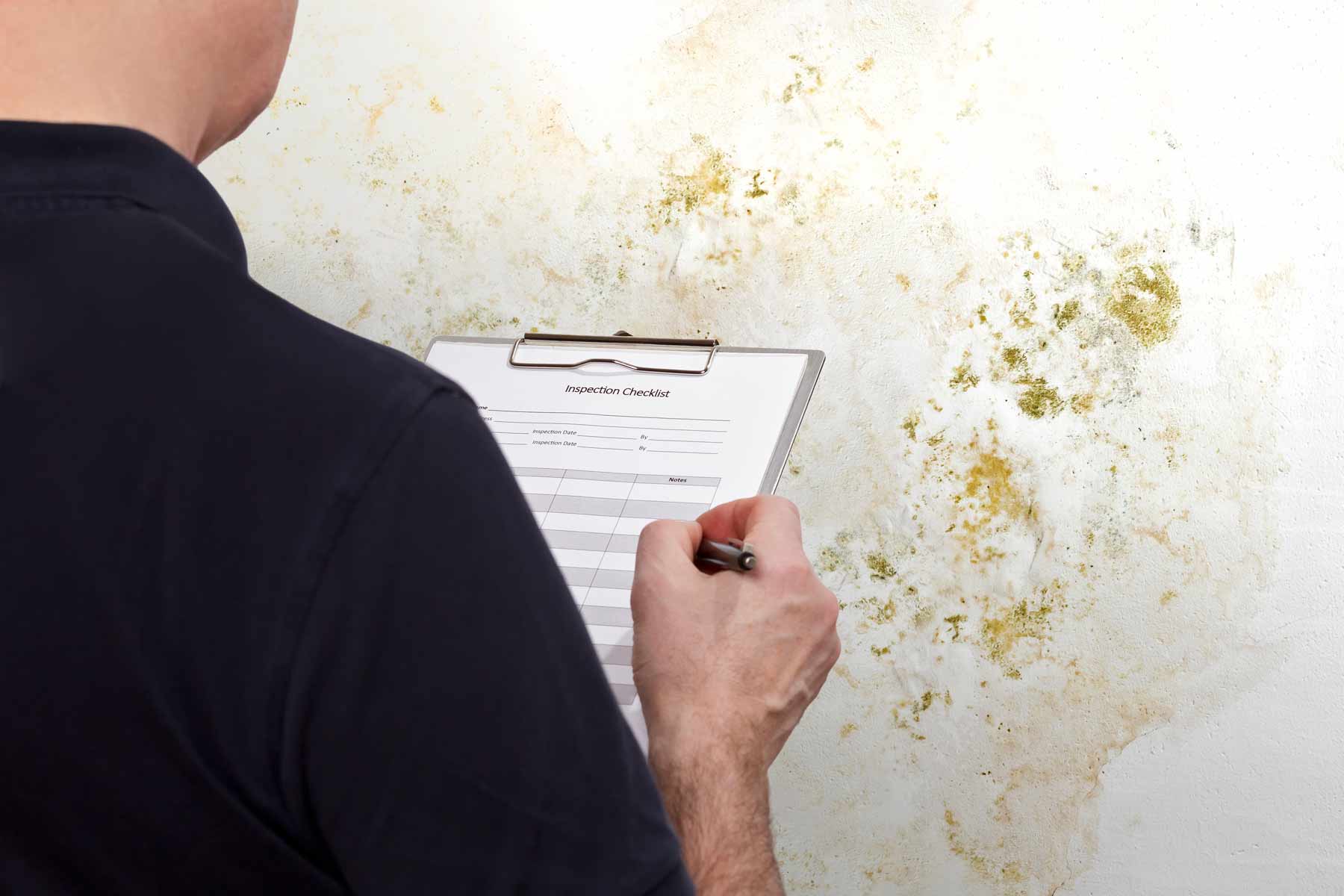
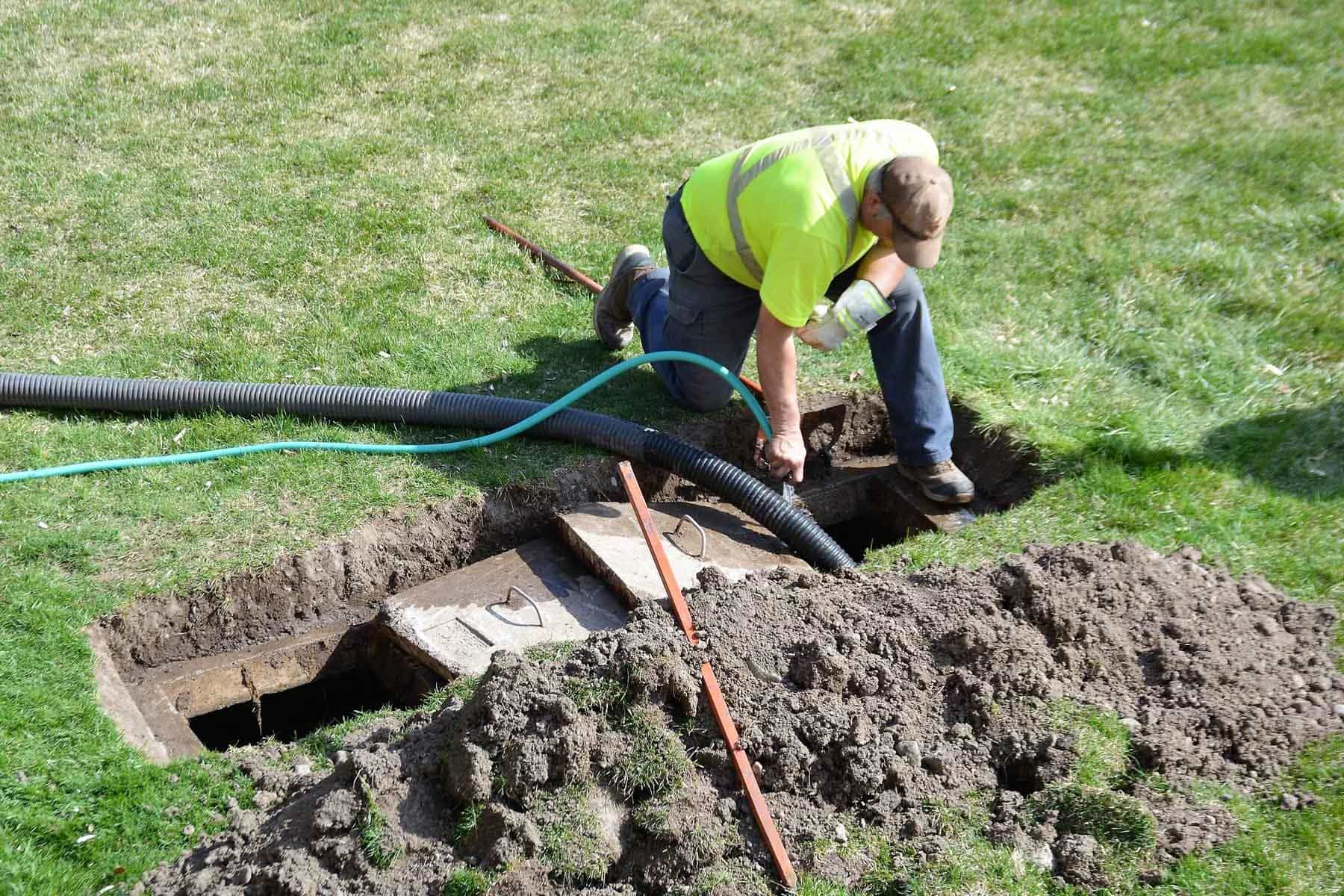
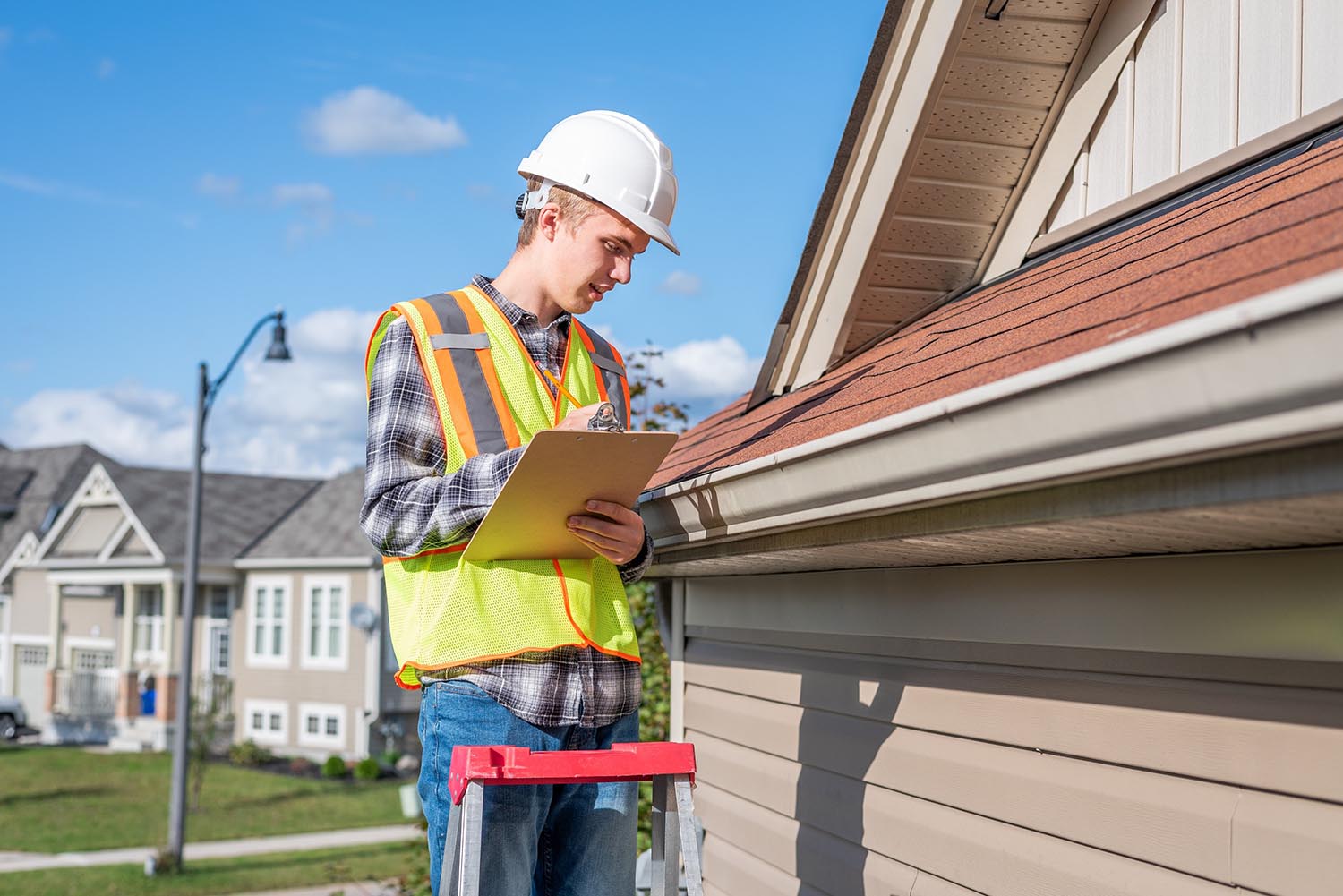



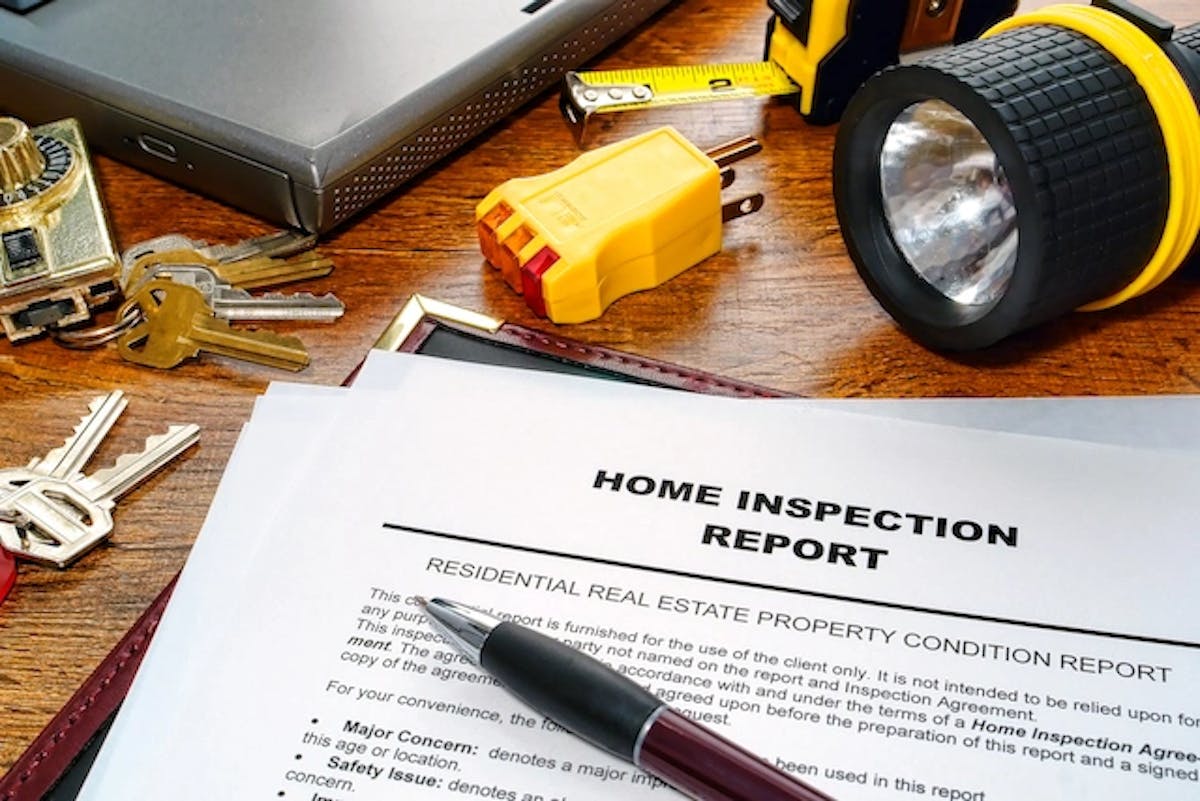

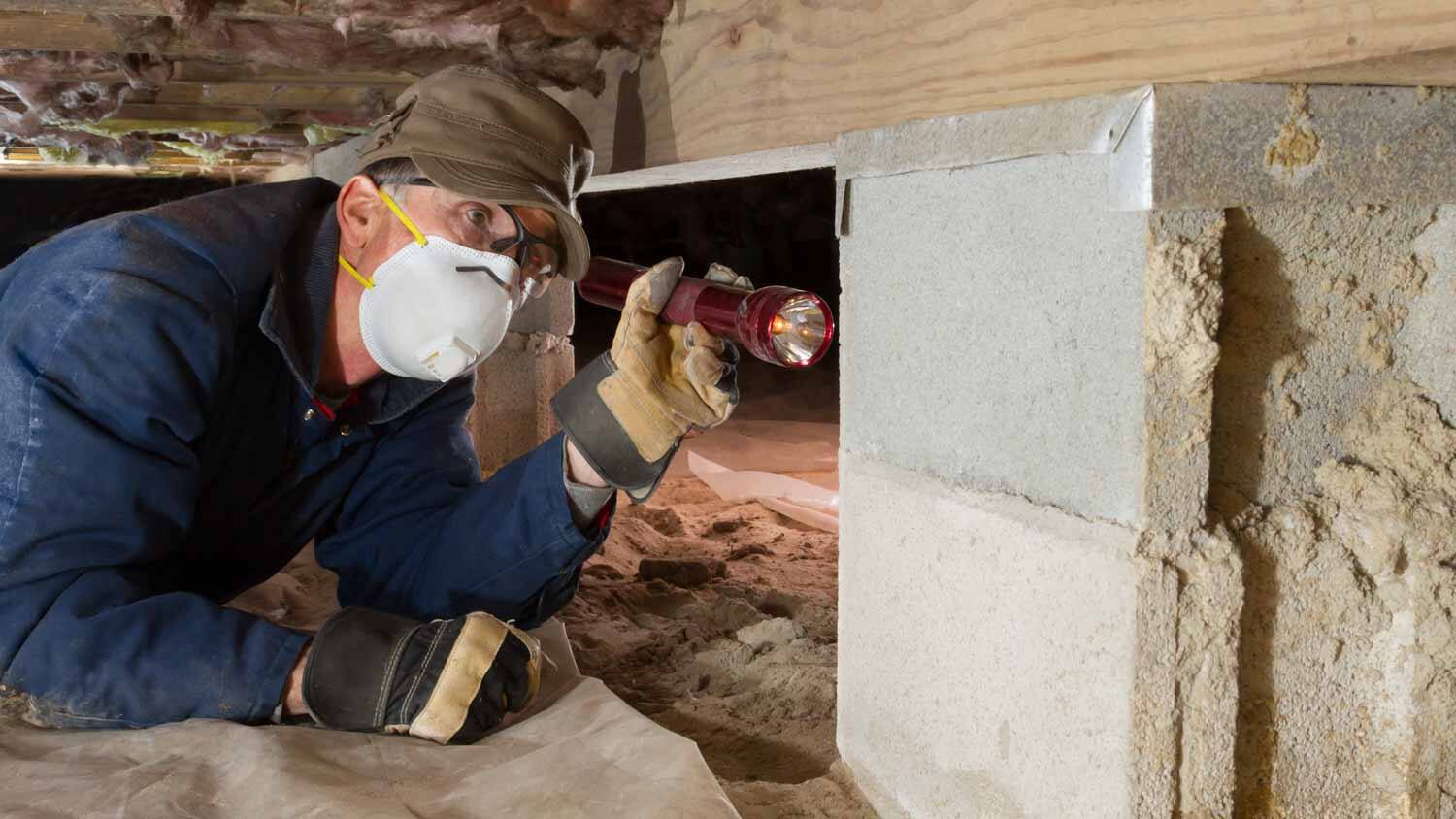


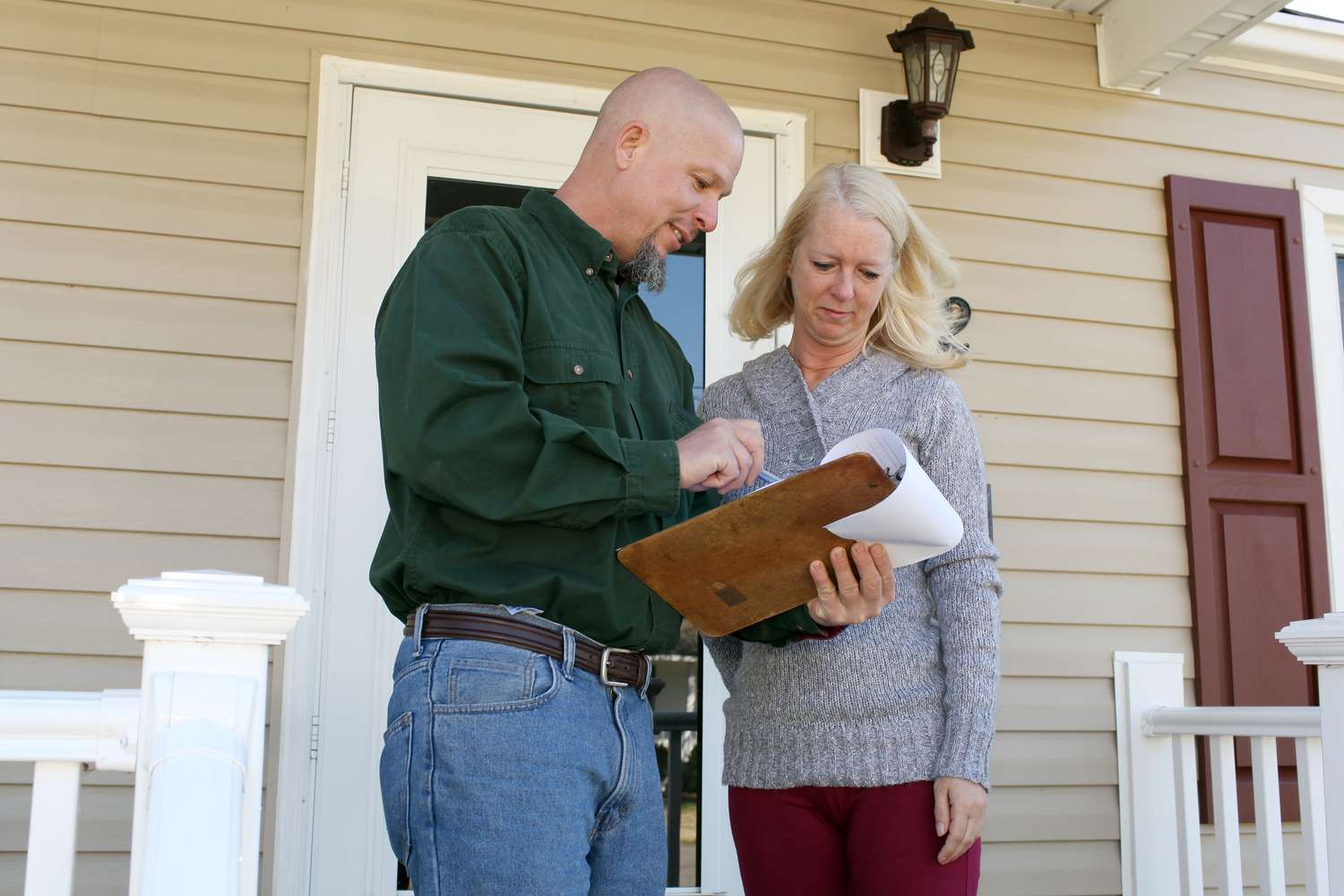
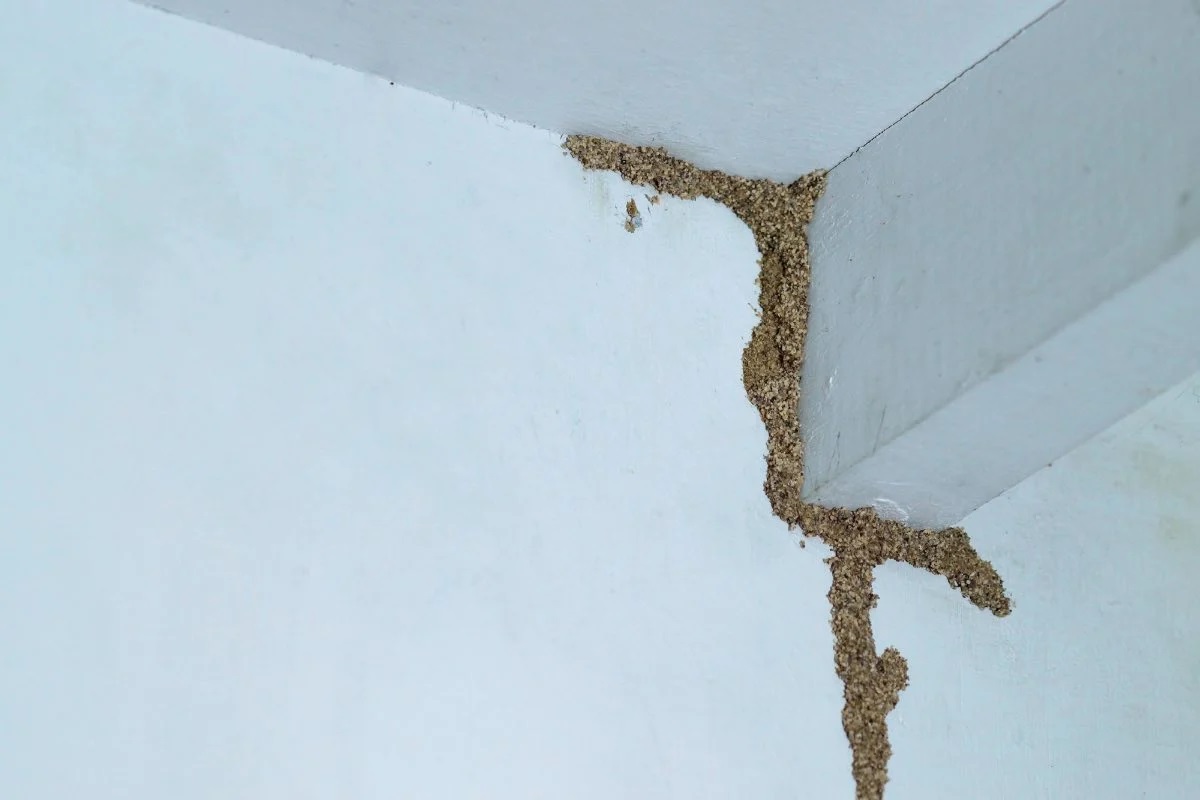


0 thoughts on “Who Orders The Termite Inspection: Buyer Or Seller?”